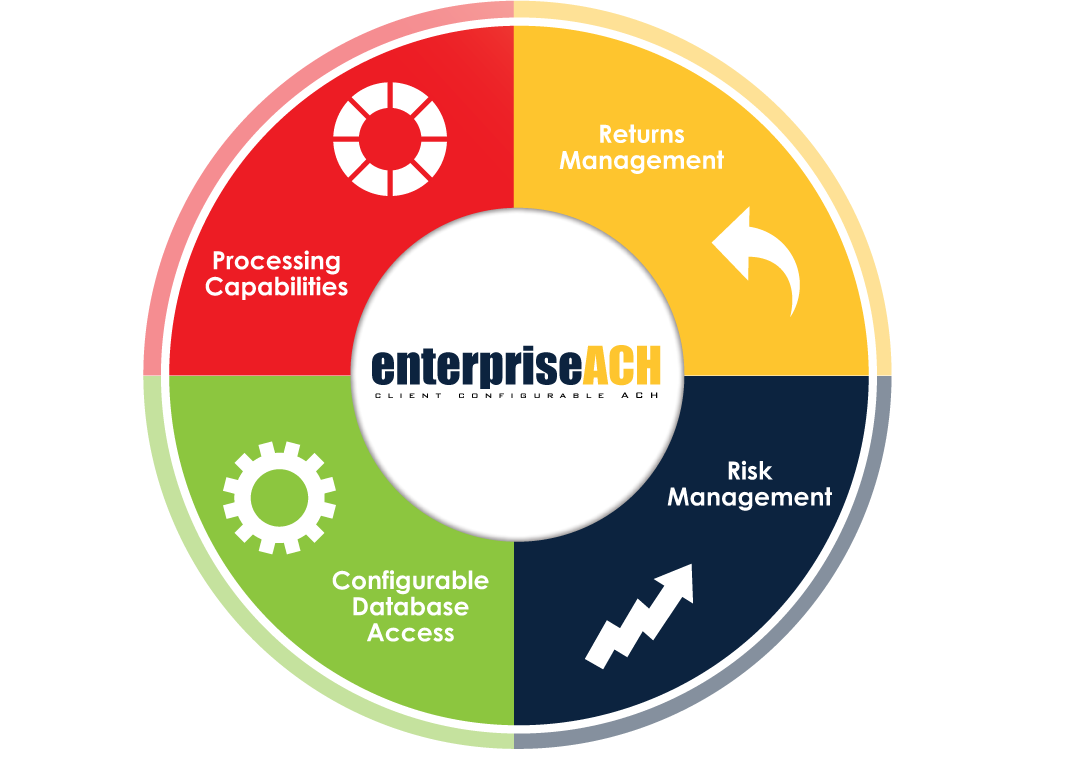Authentication Tools For ACH Processing
MARCH 2021 NACHA RULE CHANGE
What is Happening? The National Automated Clearing House Association ("Nacha"), the organization that establishes rules for ACH processing, announced that new authentication rules for WEB based ACH transactions go into effect March 31, 2021. The new rule requires that any business which originates "WEB" based ACH transactions must "validate" 1st time customer transactions prior to submission to the ACH network.
Why is NACHA concerned? Nacha's objective is to ensure that online ecommerce clients attempt to confirm a customer’s account legitimacy prior to or concurrently with origination of an electronic debit. The validation must be completed through a commercially available database to reduce the number of returns and errors in the ACH network.
According to the Nacha website www.nacha.org/rules/supplementing-fraud-detection-standards-web-debits,
ACH Originators of WEB debit entries are required to use a “commercially reasonable fraudulent transaction detection system” to screen WEB debits for fraud. This existing screening requirement will be supplemented to make it explicit that “account validation” is part of a “commercially reasonable fraudulent transaction detection system.” The supplemental requirement applies to the first use of an account number, or changes to the account number”
What if You Don’t Authenticate? Nacha very closely monitors origination transactions to ensure that returned items stay below pre-established levels. If a business’ returns exceeds these levels, it can be subject to fines and even be prevented from originating any future ACH transactions.
SPS HAS THE SOLUTION
Secure Payment Systems ("SPS")’ fully redundant processing system accesses internal and external databases that meet or exceed the requirements outlined by Nacha. By processing over $19 billion in ACH volume annually and as a "Nacha Certified Partner", SPS ensures you stay in compliance with the new rule without requiring any changes to your existing transaction data.
Our basic solution is validation against internal SPS databases. Using a simple API (application processing interface) that can be quickly implemented, the transaction processes against internal SPS databases to check for account structure, validation routines, and returned items to validate the account. This process meets the Nacha authentication guidelines requirements. Pricing is a per transaction fee combined with small monthly minimum and is an ideal solution for low transaction volume clients.
For the most robust validation and processing, "enterpriseACH" provides the ultimate solution. It enables our clients not only access databases that meet the Nacha compliance requirements but also help significantly reduce returns. Using a “waterfall” approach, SPS provides access to internal SPS databases for validation, accesses enhanced external databases such as Early Warning® banking data, and negative databases from Telecheck and Microbilt. By using this waterfall approach, clients can choose to process against all databases or just one in real time via API or in batch. SPS can simultaneously provide ACH settlement and returns processing to lower your over total costs of payment acceptance.
The choice is yours.
enterpriseACH Features Include:
click image for full details
WHY SPS? From simple validation to secure database access to settlement and returns processing, SPS can provide the complete payment solution for your ACH processing needs.
SPS has other ACH solutions to help in processing physical check payments and convert them to ACH payments so you get funded faster. Please click on their links on this page to learn more.
To contact us for information on the Nacha compliance rules and transaction pricing, click here or use the contact us at the link at the top of this page.

achXPRESS
achXPRESS is our new & improved web-based ACH processing tool designed for small and medium-sized businesses.
expresscheck21
expresscheck21 is a hybrid, "patent pending" web-based ARC / Check 21 solution that processes and deposits all types of paper items into electronic transactions or substitute checks.



.png)